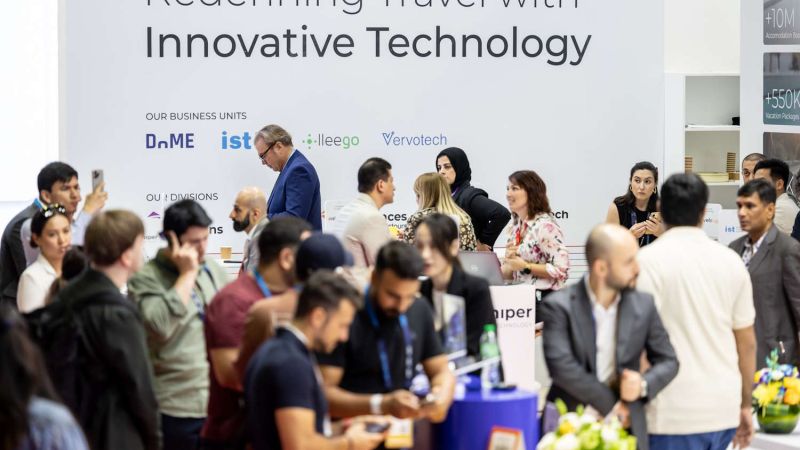Artificial Intelligence (AI) is reshaping the global travel industry, offering personalised, efficient, and tech-savvy solutions that are transforming how people plan, book, and experience their journeys.
A recent report by Tourism Economics for the Arabian Travel Market (ATM) reveals that 60% of travellers in the UAE already trust AI to manage every aspect of their trips, significantly ahead of the global average of 48%. This adoption is only expected to grow as AI tools become more ingrained in consumer behaviour.
The study highlights a surge in the use of AI for travel planning across the Middle East, with six in ten travellers utilising the technology and 21% having done so on their most recent trip. As digital habits evolve, AI is increasingly relied upon to provide tailored suggestions, streamline bookings, and enhance overall customer experience.
Travel firms, in response, are using AI to improve service delivery and boost economic impact. During the ATM 2025 event in Dubai, industry leaders explored how the rise of AI is intersecting with the core values of hospitality—particularly human connection.
Speaking at the event, Amy Read, VP Innovation at Sabre Hospitality, said the aim of AI is not to replace staff but to empower them. “Innovation in hospitality should amplify meaningful interactions,” she noted. “We’re designing tools that free up staff time so they can focus on guests rather than logistics.”
One such example is Sabre’s SynXis Concierge AI, a generative AI solution for hoteliers. It delivers rapid, consistent answers to customer queries, reducing reliance on individual staff knowledge while maintaining high-quality service.
The UAE is also home to Miral’s Majd Al AI concierge, deployed at tourist destinations like Ferrari World Yas Island. It curates visitor experiences by offering recommendations tailored to user preferences in real time.
Experts stressed that user-focused innovation starts with listening to consumers. Companies such as Almosafer are using co-creation models to develop solutions based on customer pain points. Similarly, Expedia’s TAAP platform is designed using feedback from travel agents to ensure practicality and effectiveness.
The Meetings, Incentives, Conferences, and Exhibitions (MICE) sector is also embracing AI to handle growing demand. With the global events market expected to surpass USD 2.3 trillion by 2032, AI is now essential for event automation, real-time translation, and personalised experiences that boost attendee engagement.
Yet, amid the excitement, experts cautioned against an over-dependence on technology. Authentic human connection remains central to the travel experience. AI may reshape roles, but it does not replace the human touch—it enhances it.
Danielle Curtis, Exhibition Director ME at Arabian Travel Market, said: “The most powerful travel technologies are those that amplify human connection while improving efficiency. People remain at the heart of responsible innovation.”
ATM 2025 saw a 26% increase in tech product showcases, signalling strong momentum heading into ATM 2026, scheduled for 4–7 May in Dubai, where the conversation around AI and the future of travel will continue.

